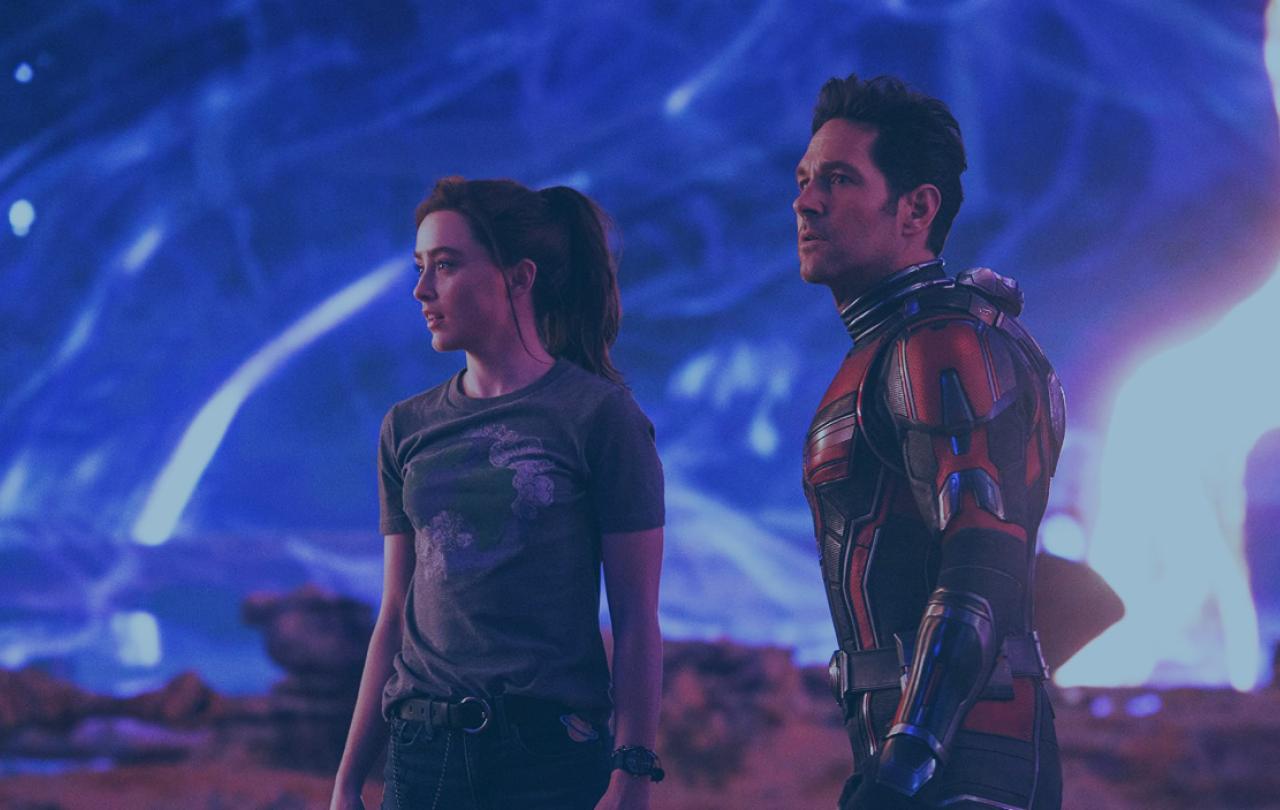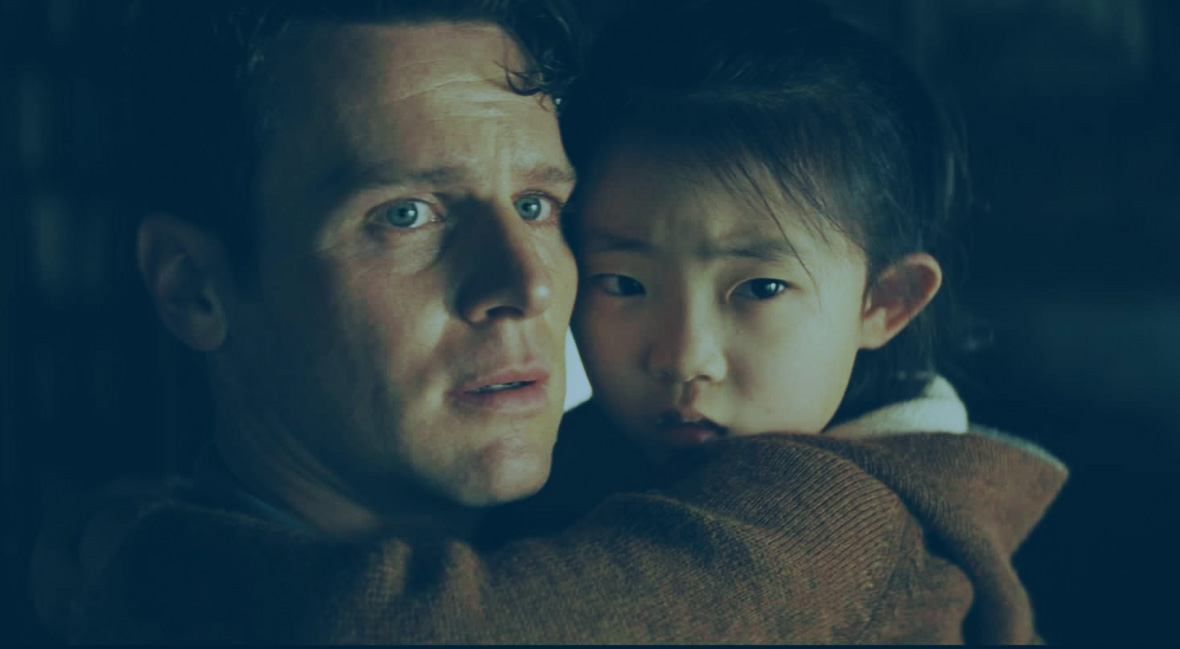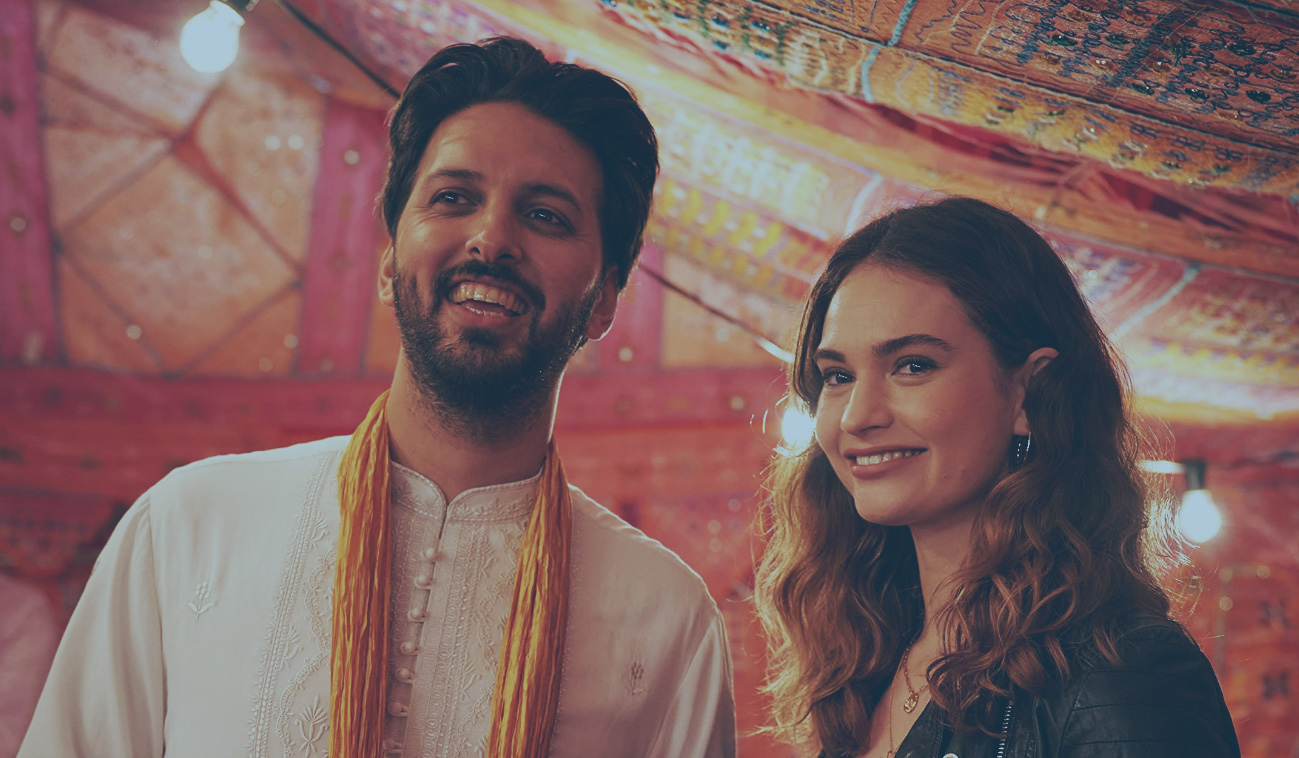
“Being able to choose when my life will end provided me with peace of mind. With no feelings of doubt. She led a good life on her terms, people will say”.
In Chie Hayakawa’s 2023 dystopian drama Plan 75, these are the words of a silver-haired, wrinkled woman in a promotional video for the eponymous plan – a government scheme which offers all over 75-year-olds the option of a pain-free death at the time of their choosing.
And yet for Michi, an older lady toying with the decisions around Plan 75 it doesn’t really feel like it is her choice which matters at all. Whether it is the $1,000 grant offered as an incentive to die, the luxury amenities on offer at the Plan 75 facility promoted in leaflets and magazines, or the young person employed to gently guide the candidates towards their death (but whose real job it is to make sure they follow through with it), this is a world which has a clear agenda – to rid society of older people. Indeed, it is clear that this is a vision of a world which believes it is better for old people to die than to put financial burdens on the economy or their families, and this is a culture willing to subtly coerce individuals to accept and act on that belief.
Plan 75 reveals an interesting point at the heart of the MAID (Medical Assistance in Dying) debate. One of the primary reasons that MAID is so attractive is the ability to take back control of one’s life and death, yet what happens when that seeming control isn’t really within the individual’s own control at all? For Plan 75, what is marketed as giving control back to older people, is really just a twist on a more sinister political policy to pressure individuals to sacrifice their “burdensome” lives for the greater good. Of course, this is a common argument for rejection of assisted suicide. This is the dangerous ‘slippery slope’, where MAID begins as an option only for those who desperately need it to relieve intense physical suffering. Yet it quickly becomes a tool to remove people whose lives no longer seem worth living due to societal expectations and opinions, rather than any objective reality.
Do we ever truly choose to die totally independent of the expectations of those around us?
For many, this problem can be appeased through strict legal controls over MAID – as long as the powers that be are regulated, MAID is still OK. As long as it is the individual who maintains control over their own death (and not the state), the goal of personal autonomy is maintained and all is well. And yet this perspective fails to ask the question - is such control over our own death ever actually possible? Do we ever truly choose to die totally independent of the expectations of those around us? In a world which places so little value on old age, can older people really make choices unaffected by that (deeply flawed and inhumane) logic? And, indeed - the elephant in the room – no matter how much we try to control death, in the end is it not death that ultimately controls us? As fundamentally finite beings we can never escape it completely – it will always find us one way or another. Ultimately, we will all have to face the reality of death when it comes to us. Complete control and autonomy are never truly possible.
In light of this unveiling, the possibility that complete choice and autonomy around death isn’t really an attainable goal, what better options might we pursue?
Where previously we would find comfort and hope in being loved, known and held by others in our death, now all too often this isn’t the case.
One thing is clear in Plan 75, the isolation and loneliness of older people in a society that has rejected them is deeply problematic. The movie primarily follows the stories of Michi, who lives alone with no family and Yukio Okabe, an older man totally estranged from his remaining family. Both face life, and are facing death, alone. We live in a world where increasingly we are forced to face death alone. When our final days and hours rarely happen in the family home, surrounded by our loved ones, but in faceless institutions devoid of lifelong meaningful relationship the sense that we are no longer doing death together as a society is acute. Where previously we would find comfort and hope in being loved, known and held by others in our death, now all too often this isn’t the case.
At the same time, there is no doubt that our modern world is unceasingly committed to the ideal of individual personal agency and autonomy – “She led a good life on her terms”. As a myriad of philosophers and theologians have commented, belief in human autonomy has come to replace belief in God. And MAID is one area which reveals this to be the case most acutely. Where previously we would turn to God to find comfort in the face of our finitude, instead now we turn to ourselves – the last hope we find in the face of death is our individual ability to control it.
Death and health should be a corporate phenomenon – when one person is ill, all of society is ill.
The German theologian Eberhard Jüngel described death in this broken world as “the occurrence of complete relationlessness”. In fact, Jüngel suggests that as human beings we are first and foremost made up of our relationships – we are truly human not by how we self-define in isolation but how we relate – how we relate to the God who made us, and how we relate to other people. This need for relationship is found most acutely in the face of death. As Ashley Moyse points out in his book, Resourcing Hope for Ageing & Dying in a Broken World, death and health should be a corporate phenomenon – when one person is ill, all of society is ill. And so, as death increasingly becomes the journey of the individual – when we face death in isolation from others and in isolation from God no wonder we feel such a strong desire towards control, towards ending our lives prematurely, towards science to help us avoid any more pain than we can bear alone.
In Plan 75 we see glimmers of hope in the possibility of relationship. As Michi and Yukio find rare moments of human connection with a long-lost nephew, with a young person working for Plan 75, with another older person going through the same questions around mortality you can’t help but feel deeply uncomfortable with their choice to apply for the scheme. It is in the hints of love, physical touch, smiles exchanged, even a simple conversation shared between two people that suddenly MAID seems so disconnected with the hope that life still has to offer through relationship. Perhaps if we could imagine a world where death became no longer an occurrence of complete relationlessness, but a locus for relational dependence, for familial connection, for leaning on God and not ourselves, the need for MAID would feel a little less necessary. It would be a world with a little more hope.







